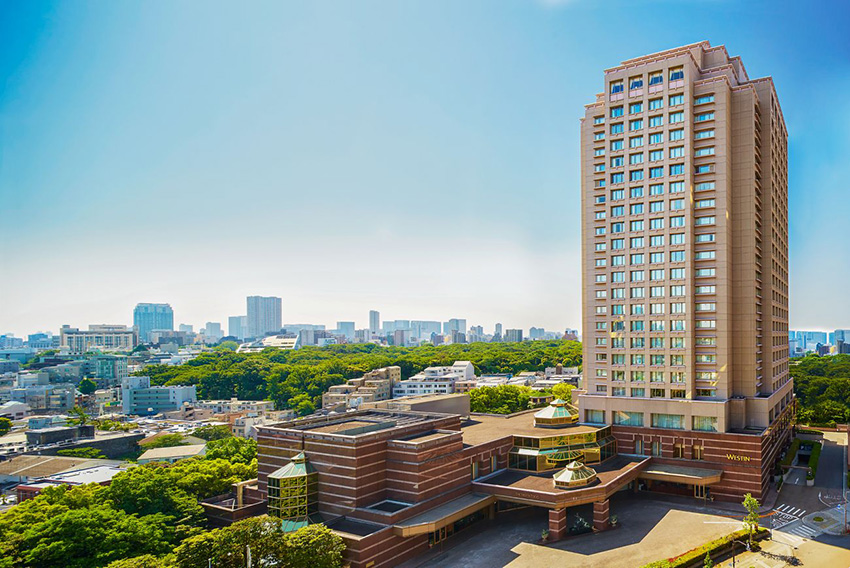By Daniel de Bomford
In the current economic climate, the Japanese construction industry is moving away from transient buildings and scrap and build policies and moving towards finding long-term value through thoughtful design and maintenance.
Yamashita PMC shapes projects around the long-term needs of the businesses that operate inside, ensuring that facilities are built with purpose and resilience. The company shapes not only buildings and the future value they will hold, but also, through its corporate values, ensures each project is designed, timed and executed to serve its purpose for decades to come.
Founded in 1997, Yamashita PMC was among Japan’s first independent project and construction management firms. President Yuko Maruyama describes the company’s role as working on behalf of clients and assembling an effective team of contractors and designers. “Ultimately, our goal is to create a three-way win: for the owner, the contractor and society,” she states.
The Japanese construction industry faces a turning point. The postwar “scrap-and-build” model still dominates, but soaring material costs and a shortage of skilled labor are rewriting the rules. Yamashita PMC helps clients navigate this new reality by identifying the best timing for investment, analyzing regional conditions and forecasting when resources will be available to start work. “Rather than focusing solely on reducing costs, we also help [clients] enhance income, which is just as critical in today’s environment,” Maruyama says.
The firm’s values were perhaps most visible in the aftermath of the Great East Japan Earthquake. In Ishinomaki and Onagawa, the local community prioritized rebuilding the fish markets as the first priority, recognizing it as a central part of their livelihoods and local culture.
In Japan, most construction contracts are lump-sum contracts. However, historically, Yamashita PMC has supported the government and municipalities in adopting cost-plus-fee separate contracting, which is the global standard for construction procurement.

THE WESTIN TOKYO
Yamashita PMC leverages its expertise beyond Japan’s borders, as many of its clients are global companies. When it comes to its clients’ overseas projects, the company’s international strategy is to follow and support them and at times, collaborate with local project management and design firms. Yamashita PMC has worked on projects in ASEAN, such as real estate investment in the Philippines and Vietnam, and factories in the USA.
In Ho Chi Minh City, Yamashita PMC managed the development of the Sotetsu Grand Frésa Saigon, a hotel designed to meet rising demand for high-quality hospitality in Vietnam’s growing urban market. While in Manila, the company oversaw the Yuchengco Centre, an office tower that combines sustainability features with modern branding and digital infrastructure.
The company’s expertise extends beyond urban endeavors and into global industries. Its work supporting the Morinaga America Foods Factory No. 2, in which Japanese owners execute a local development method, showcases its approach of integrating efficiency and innovation. The 12,000-square-meter plant expands Morinaga’s production capacity for confectionery while the existing facility maintains operation. The Japanese owners needed to collaborate with local design and construction suppliers, a significant challenge for Japanese companies.
Conversely, they guide foreign investors into Japan’s property sector, offering credibility in a market where reputation is currency. “If our company is involved and supports the investor in approaching the market together, it adds credibility and helps build trust,” Maruyama says.
Today, investors from Southeast Asia, particularly Hong Kong, Singapore and Malaysia, are driving new interest in Japan’s property market. Many are newcomers without local networks, making Yamashita PMC’s ability to bridge cultural, regulatory, and business practices especially valuable.

AloJapan.com